
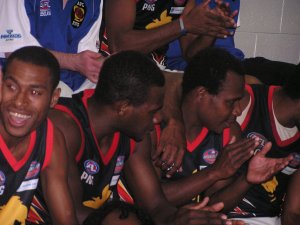
After Papua New Guinea's stirring victory over New Zealand in the 2008 International Cup Grand Final at the MCG last Friday, AFL Ambassador and legend of the game, Kevin Sheedy, headed down to the change-rooms to commiserate with the Kiwis and award the PNG players their medals.
His talk included a very exciting prospect for international footy - the possibility of the two teams clashing on ANZAC Day at the Melbourne Cricket Ground as a curtain-raiser to the annual blockbuster between Essendon and Collingwood. ANZAC Day commemorates the sacrifices of Australian and New Zealand soldiers and the annual football fixture has become the biggest match on the AFL calendar outside of finals, with 90,000 fans regularly attending.
Many Australians are also conscious of the efforts made by Papuans in World War Two, particularly in assisting Australia defend its northern approaches through caring for injured soldiers. Thus a football clash between New Zealand and PNG is a natural fit for the big day, especially since they are currently the two strongest international Aussie Rules nations. On a personal note, it has always been noticeable that there is not enough emphasis in Australia on the NZ in ANZAC, so this would be a nice remedy for that too.
Sheedy appeared to have the support of AFL National and International Development General Manage David Matthews, but did stress there was a lot of work to be done before such a fixture would be a reality, and only put a target date of the next couple of years on the game, so there are no guarantees.
Nevertheless, what an exciting step this could be. As pointed out by a colleague, unlike matches such as the AFL final that followed the IC08 Grand Final, a large part of the crowd turns up early on ANZAC Day, often coming from marches and other events, so what a wonderful opportunity to showcase international Australian football - let's hope this match happens.
Listen to Kevin Sheedy's announcement

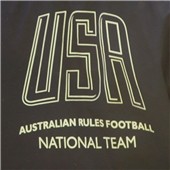 Paul Duncan was one of the standouts for the US Revolution team at this year's International Cup. The mobile forward played in five matches for his country in the competition kicking goals against South Africa and China and featured as best player for the US in the match against China.
Paul Duncan was one of the standouts for the US Revolution team at this year's International Cup. The mobile forward played in five matches for his country in the competition kicking goals against South Africa and China and featured as best player for the US in the match against China.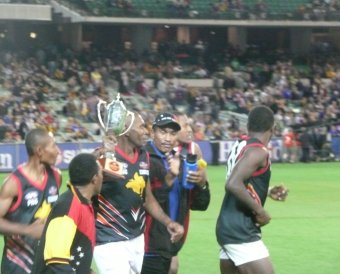
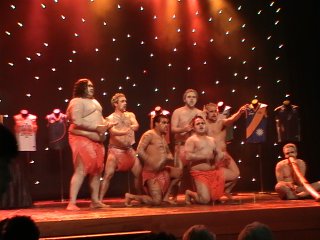

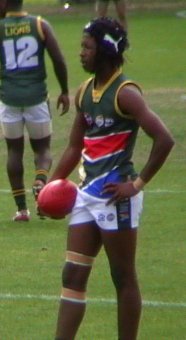
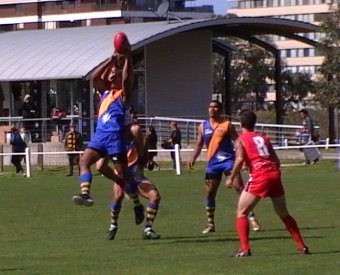
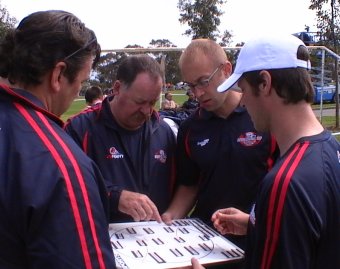
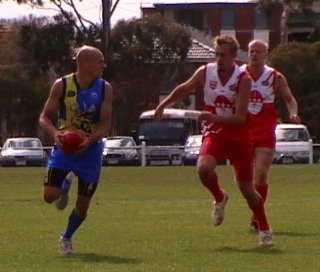


 RSS news
RSS news Twitter
Twitter Facebook
Facebook